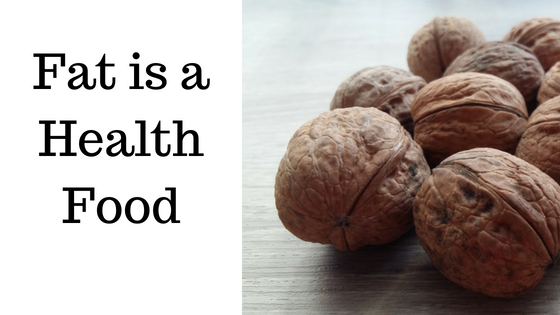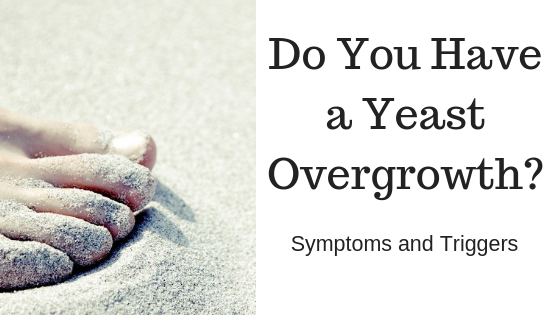One of the first things I do when I start working with a new client, is ask them what they eat. Breakfast – Lunch – Dinner. So often people tell me that they have “tried everything” to lose weight, improve their anxiety, sleep better, get rid of their pain, manage their blood pressure, cholesterol, diabetes, autoimmune disorder, etc. Yet, when they start describing their diet, it becomes obvious quickly. One of the top culprits is often that they don’t get enough fat, or they eat the wrong fats.
Fats. Isn’t it amazing how one word causes so much confusion for those trying to eat a healthy diet? In fact, entire books have been written on this subject. Food manufacturers have long touted the benefits of low-fat diets for better health. But with the introduction of these diets, we have witnessed the surge of sugar addiction, diabetes, and obesity in America. Don’t let me mislead you here, there are definitely fats you should be avoiding! Trans-fats are the true evil of fats. They do nothing but make bad food last longer on the shelf, and legally, through loopholes, food manufacturers can say that there are no trans-fats in their product, when there really is!
Bad fats are also vegetable fats from soy, peanut, corn, safflower, and canola that have been refined and are higher in omega 6 fats. These fats are highly susceptible to oxidation during processing which makes them reactive and damaging to the body. According to recent scientific studies, these commercially processed fats and oils are causing adverse health reactions.
LIMITING our consumption of healthy fats which come from organic, unrefined natural plants or animals may also cause adverse health effects.
Signs you may need more healthy fats in your diet include:
Increased sugar cravings, mood fluctuations, anxiety, depression, low libido, and insomnia….among a host of others.
So where do you get these healthy fats?
- Healthy Omega 3 & 6 (Polyunsaturated) fats are found in cold water fish, flax, macadamia nut oil, grass fed animal meats, nuts and seeds.
- Omega 9 (Monounsaturated) fats are found in olive oil, avocado, almonds and pastured eggs.
- Saturated fats are found in grass fed animal meats, organic pastured ghee, chocolate, and coconut.
Healthy fats are essential for better brain health! Our brains are made up of 60% fat! Adequate healthy fat intake may help prevent depression and Alzheimer’s and is also essential in the makeup of our neurotransmitters. Limiting our brains of adequate fats can lead to issues of anxiety, depression, mistrust, anger, and if combined with toxins and heavy metals, can lead to more serious conditions such as seizures, bipolar disorder, schizophrenia and epileptic seizures.
In addition to brain health, other benefits of a diet high in healthy fat intake are numerous:
- Better body composition through higher satiety (we feel fuller longer), an energized metabolism, and less inflammation.
- Healthy hormone balance in the body including androgens such as testosterone and estrogen and thyroid hormones.
- Stronger immune system and healthy cell membranes. In “Good Calories, Bad Calories” Dr. Mary Eades discusses the role of saturated fats in our immune system stating the “loss of sufficient saturated fatty acids in white blood cells hampers their ability to recognize and destroy foreign invaders such as viruses, bacteria, and fungi.”
- Increased calcium metabolism and absorption of Vitamins A, E, K, and D. These vitamins are the ones that work together with calcium in building healthy bones.
So, given what we’ve just gone over, the first thing I would like you to do is go straight to your kitchen and start pulling out everything with unhealthy, inflammatory fats in them. To do this, you have to read the “Ingredient List.,” not the “Nutrition Facts” with the numbers that are typically skewed and not accurate anyway. Is there anything that says “low fat” or “fat free?” If it’s in your kitchen, that’s a problem. If it’s in the grocery store, run the other way! (Same thing with items that say “sugar-free” by the way) Then, take a look at what’s left. How much healthy, beneficial fat are you getting? Start making a plan on how you will change the way you eat fats, and how you will make sure you get them with every meal.
Worried, because you have been indoctrinated all of your life with old science, backed by government and food manufacturer marketing efforts? There are so many…but to start…read Dr, Mark Hyman’s “Eat Fat, Get Thin” and Dr. Kelly Brogan’s book “A Mind of Your Own.”
And, just an aside here…because this is a bugaboo of mine. For those who still count calories and ask how many calories are in something before they eat/buy it. If something is 100 calories, with the calories coming from sugar and soybean oil, or 200 calories with the calories coming from dates and coconut oil…which would you buy? Exactly! The latter. Why? Because it is healthy, and will nourish your body so that it can do it’s job. Too many people are hung up on old ways of thought and are harming themselves in the meantime. Ok…I’m done 🙂



